1. Ritz Crackers: That Golden Crunch Isn’t Welcome Everywhere
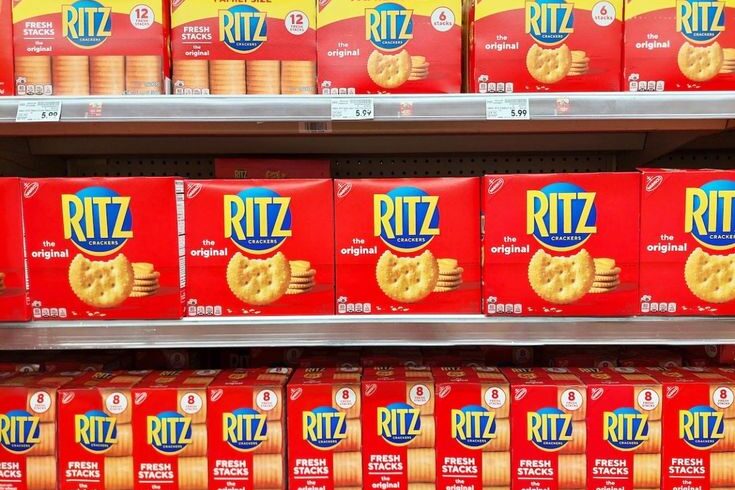
Ritz Crackers feel like the definition of an easy snack. But in places like Switzerland and Austria, they’re off the shelves. That’s because they contain partially hydrogenated oils, which are a main source of trans fats. These fats have been linked to heart disease and high cholesterol, prompting bans in many parts of Europe. The World Health Organization has pushed for global elimination of trans fats, calling them “toxic to the heart.” So while Ritz still has a home in American pantries, other countries see them as a bigger health risk than they’re worth.
2. Mountain Dew: More Than a Sweet Sip
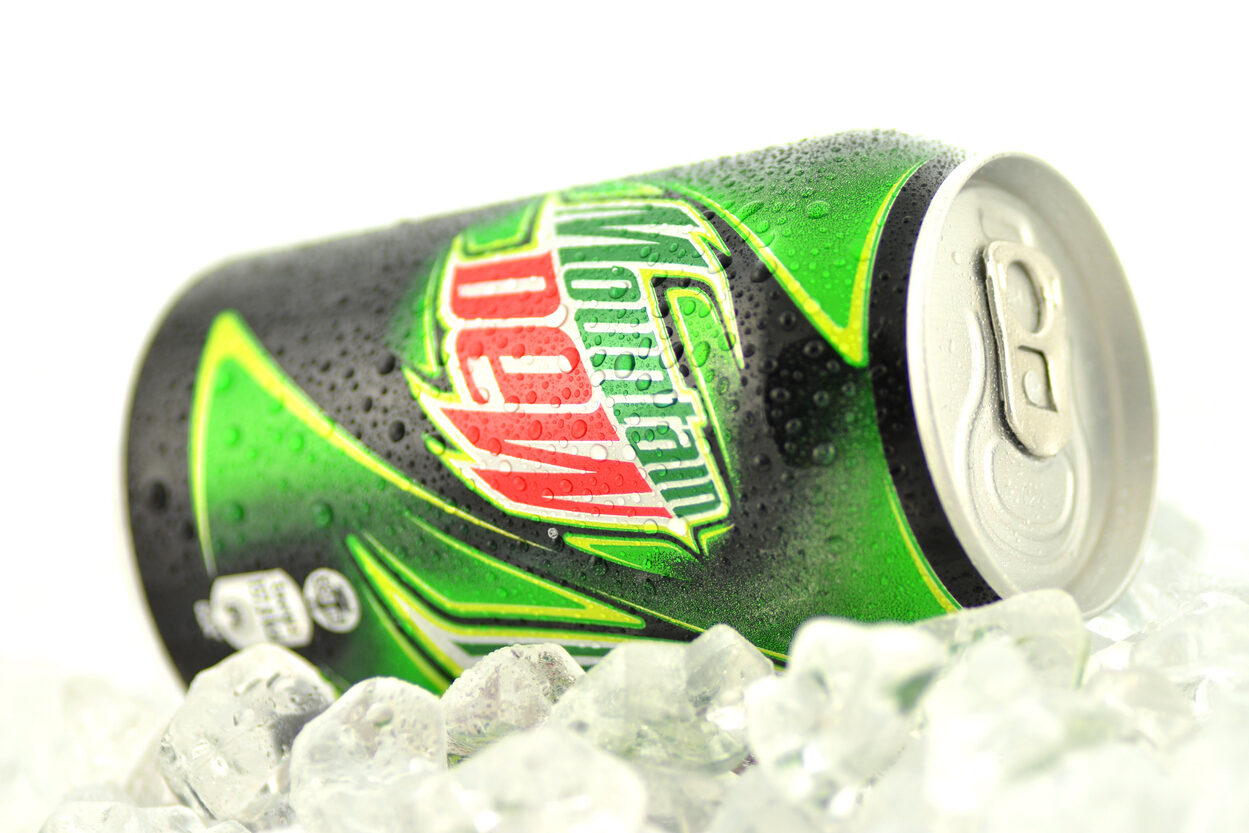
That neon green bottle of Mountain Dew has long been a go-to for people who love a citrusy jolt. But part of what gives it that kick is brominated vegetable oil, or BVO. This additive was originally used in flame retardants, and that fact alone has raised eyebrows. The EU and Japan have banned BVO due to concerns about it building up in the body and affecting the nervous system. According to Scientific American, “bromine builds up in fatty tissues” which can lead to long-term health concerns. It’s not just a soda anymore when you look closely.
3. Skittles: Taste the Rainbow, But Maybe Not in Europe
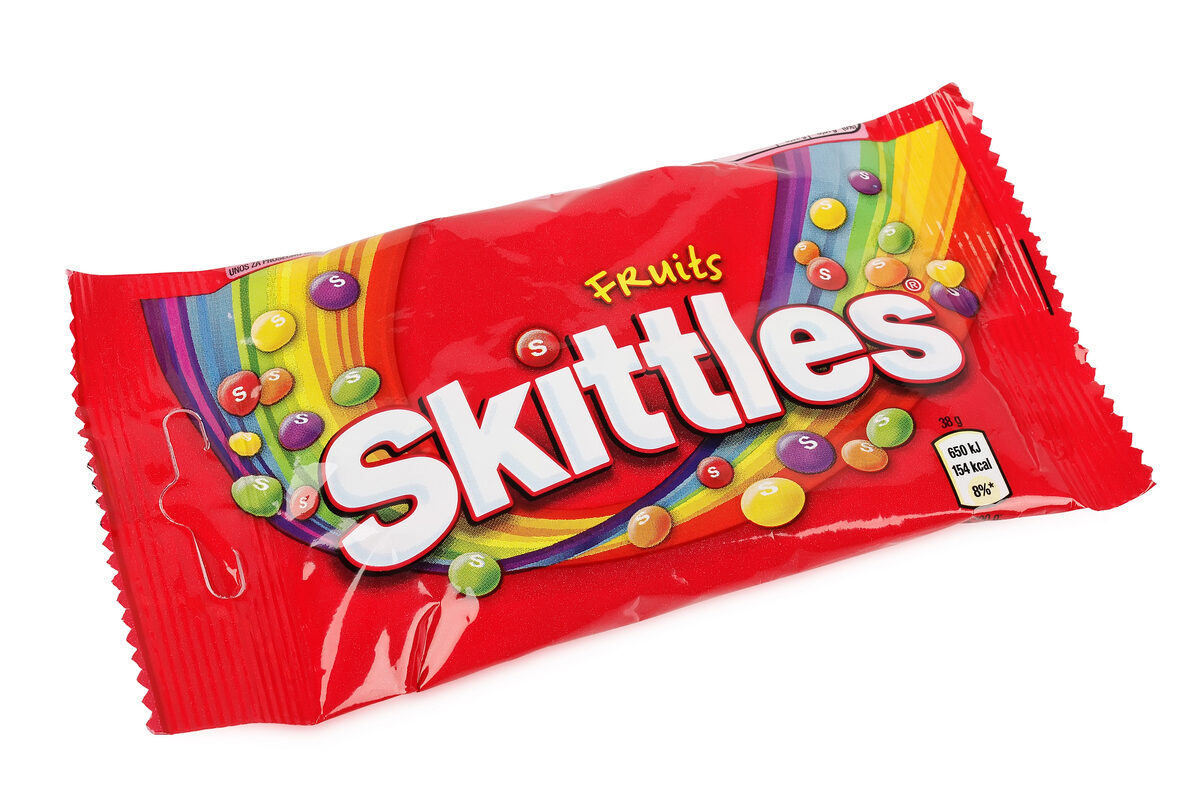
Skittles are one of those candies that seem to show up everywhere, especially in kids’ hands. But they also contain artificial dyes like Red 40 and Yellow 5, which some European countries have banned or restricted. These dyes have been linked to behavioral issues in children, including hyperactivity. A UK government-funded study once found that “certain food colorings increased hyperactivity in children.” So, while American kids still snack on them at birthday parties, European parents are reading labels a bit more carefully. It makes you wonder how sweet that rainbow really is.
4. Hormone-Treated Beef: Bigger Isn’t Always Better
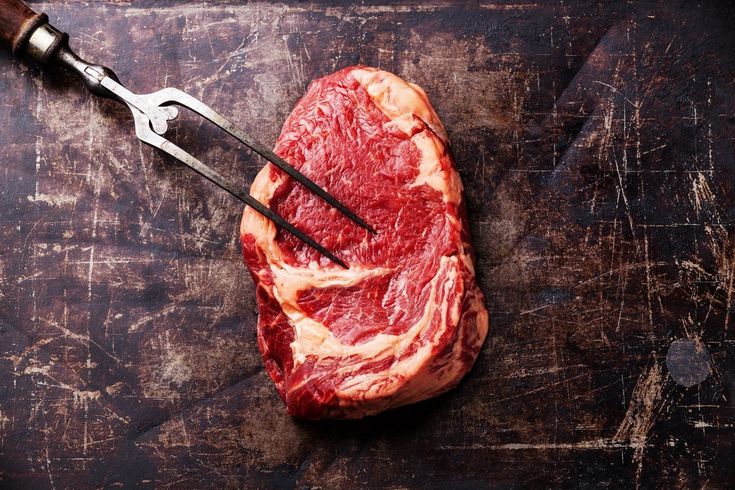
In the U.S., growth hormones are a common part of beef production. They help cattle grow faster and stay leaner. But in the EU, hormone-treated beef is a deal breaker. It’s been banned for decades over concerns that synthetic hormones may disrupt human hormone systems and increase cancer risk. The European Food Safety Authority once stated that “no acceptable daily intake could be established for some of the hormones used.” While American grocery stores still carry it freely, European markets have taken a firmer stance on what they consider natural meat.
5. Chlorine-Washed Chicken: Clean, But at What Cost?
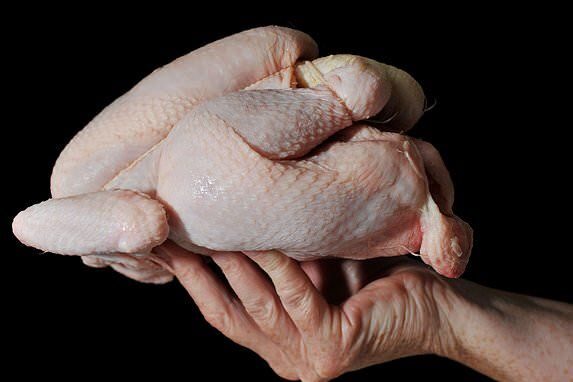
It might surprise you that most U.S. chicken is rinsed in chlorine to kill bacteria like salmonella. The USDA says it’s safe, but the EU and UK disagree. They’ve banned the practice, arguing that chlorine washes can hide poor farming and sanitation practices. The concern is less about the chlorine itself and more about what it allows producers to get away with. The European Food Safety Authority has long said that “better hygiene throughout the process” is a safer option. So while American chicken may be clean, European countries are aiming for clean and ethical.
6. Little Debbie Swiss Rolls: Sweet Treat, Sour Reputation
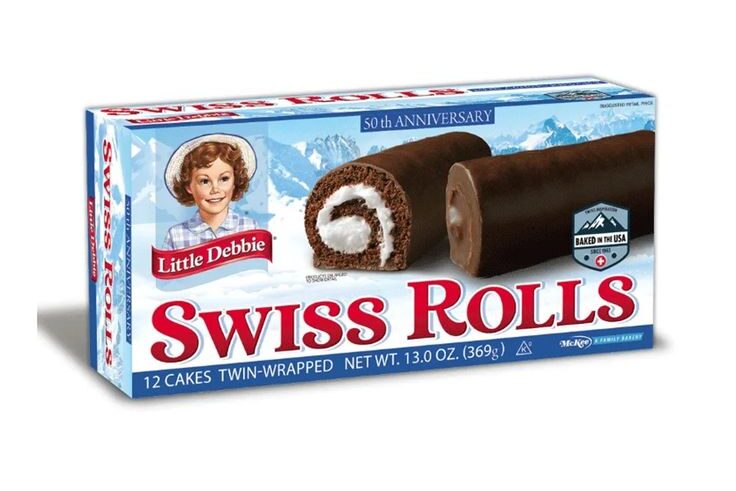
Little Debbie Swiss Rolls are nostalgic for many people, especially if you grew up with them tucked in your lunchbox. But in countries like Norway and Austria, they’re not welcome. That’s because they contain additives like BHA and Yellow 5. BHA, in particular, has been flagged by health organizations for its potential link to cancer. The National Toxicology Program classified it as “reasonably anticipated to be a human carcinogen.” While it helps preserve shelf life, some countries decided that it’s just not worth the risk. That soft, sweet roll comes with a bitter aftertaste for others.
7. Frosted Flakes and Froot Loops: Cereal with a Side of Concern
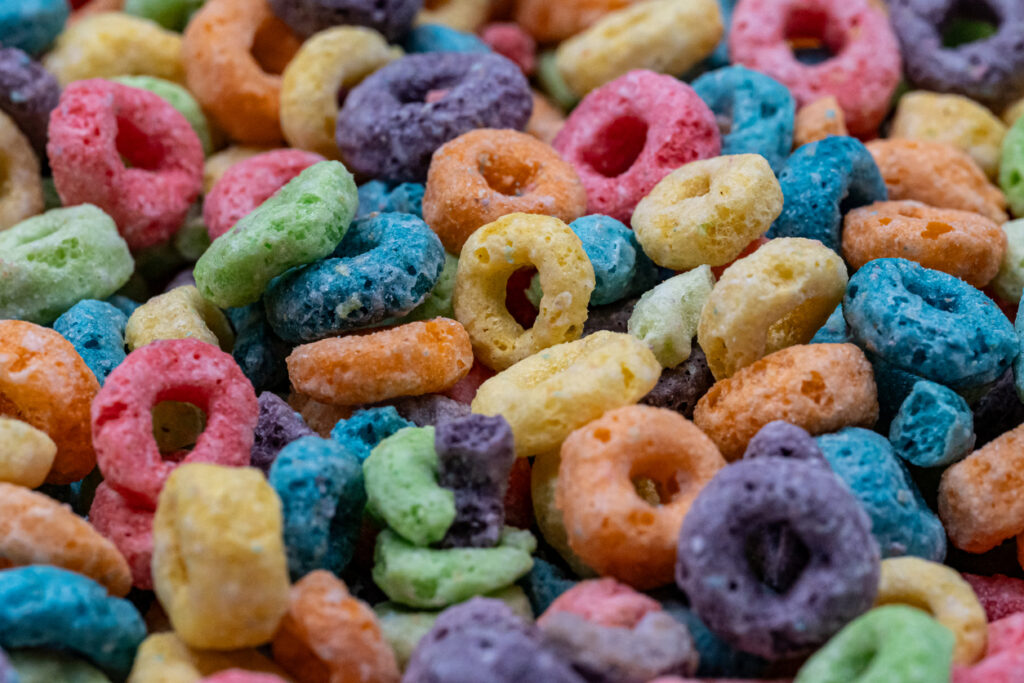
Morning cereal is a staple in many American homes, and brands like Frosted Flakes and Froot Loops have long been breakfast favorites. But both contain BHT, a preservative that’s banned in parts of Europe and Japan. Animal studies have linked BHT to tumor growth, and while the FDA allows it in small amounts, other health agencies aren’t convinced. The Environmental Working Group called it “a potential endocrine disruptor.” So even if the colors and mascots bring back memories, some countries prefer to leave these cereals in the past. It makes breakfast a little more complicated.
8. American Pork (with Ractopamine): Leaner Meat, Heavier Debate
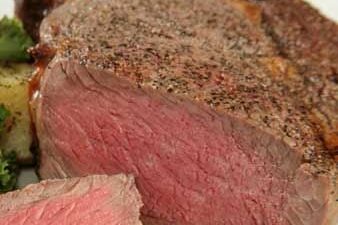
Pork in the U.S. often contains ractopamine, a drug added to make pigs grow leaner muscle. It’s efficient, but not widely accepted. Over 150 countries, including China and the European Union, have banned pork raised with ractopamine. Studies have suggested the drug can cause increased heart rate and anxiety in animals. The FDA maintains it’s safe, but that hasn’t calmed international skepticism. In places like Taiwan, public protests have erupted over imports containing ractopamine. It’s another case where what’s allowed on American plates gets stopped at foreign borders without a second thought.
9. Coffee-Mate Creamer: That Extra Swirl Comes With Extras
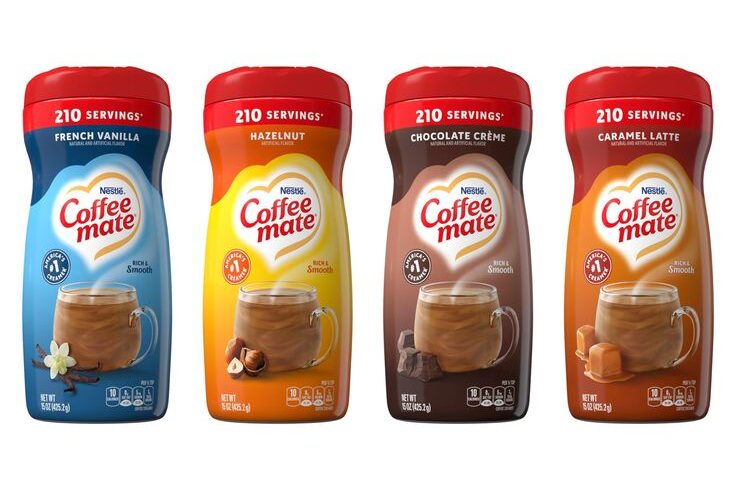
There’s something satisfying about a swirl of Coffee-Mate in a hot cup of coffee. But take a closer look at the label, and you’ll find titanium dioxide and trans fats, which are banned in many countries across Europe. Titanium dioxide is often used for whitening, but research has raised concerns about DNA damage and potential links to cancer. France banned it outright in 2020. While Americans sip on flavored creamers daily, some parts of the world are putting that creamy swirl under stricter scrutiny. The comforting ritual might come with more than we bargained for.
10. Farmed Salmon (Dyed Pink): When Color Doesn’t Mean Healthy
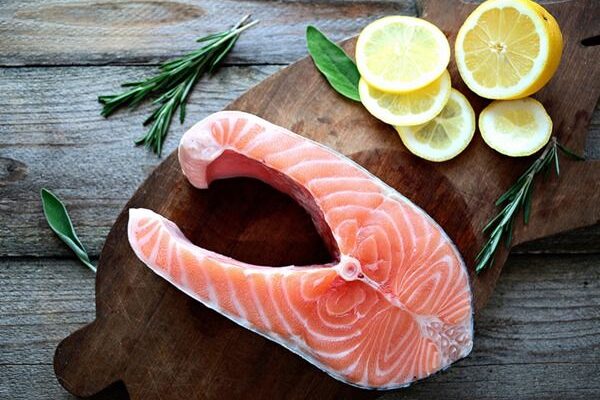
Salmon is often seen as one of the healthiest proteins you can eat, especially for heart health. But most farmed salmon in the U.S. gets its pink color from synthetic astaxanthin, a dye added to fish feed. While it mimics the color of wild salmon, some countries like Australia and New Zealand don’t allow it for human consumption. The natural version of the pigment is allowed in the EU, but not the synthetic kind commonly used in U.S. aquaculture. When even the color of your salmon is up for debate, it’s a good time to ask what else we’ve normalized.
This story 10 Popular American Foods That Are Banned in Other Countries was first published on Daily FETCH


